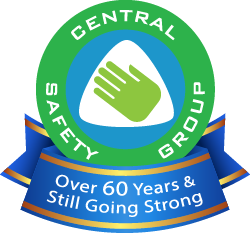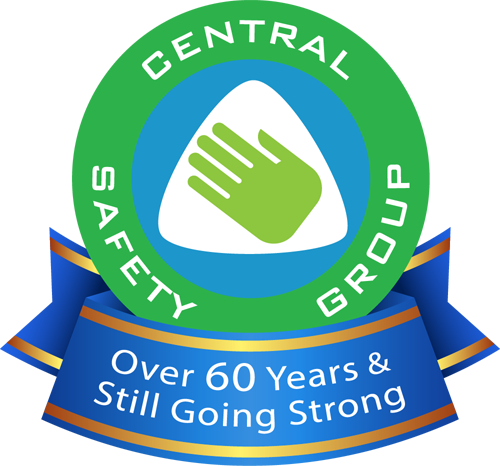Reputational damage versus harm in the workplace
One of the consequences trotted out to justify occupational health and safety (OHS) management changes and initiatives is that an incident may result in damage to the company’s reputation or the social standing of the owner of the company or employer.
We have a legal system designed to identify whoever is to blame for the incident and allocate a penalty size, cost and type that a person would consider reasonable. However, the OHS legislation states that an employer MUST provide a safe and healthy work environment with an equivocation that the employer only has to do so as far as it is reasonably practicable.
Most of the community has accepted the punishment process of the legal system and, therefore, demands justice if workers are killed or injured. However, lawyers operate in a combative relationship where one aims to prove responsibility and the other aims to prove the innocence of the offender/employer or minimise the penalty that the Courts/judges allocate to the employer. There is an understanding that the outcome of this rigorous process will be fair and acceptable to most of the community. But this is how things operate in the abstract in OHS.
What this process seems to avoid, at least in the understanding of those outside the daily legal processes and institutions, is that employers do not always have the good or the health and safety of workers as their primary consideration, although our OHS legislation assumes employers are all and always good-hearted. Some employers are exploitative and do not always pay employees what they are worth. Workers may be contracted to work a certain number of hours each week for a certain amount of wages, but many employers do not enforce the contracted limit of hours, though they do enforce the amount of remuneration. Why should they, when workers “choose” to work for longer than they get paid, or longer than their health allows or longer than is tolerated by their families at home?
OHS would say that employers should enforce hours, because they are obliged to under the law to prevent physical and psychological harm, and unpaid overtime can generate mental ill health in those workers and increase the anxiety of relatives and families who rely on the workers' presence at home. Some employers claim that workers often choose to work longer than contracted to maximise their wages, to “provide for their family”, but wages usually remain at the same level, although some industries offer occasional overtime and special allowances.
One of the current challenges for OHS professionals and practitioners is to address psychosocial hazards at work, but perhaps a greater challenge is to understand the social elements of those hazards and of work more generally. It is necessary to consider the factors that contribute to work-related harm beyond those directly related to employment and take action to change those contributory factors. We should be asking questions such as:
- Why are some employers comfortable with creating hazardous working conditions and then minimising or denying their responsibility when the hazard generates an injury or a death?
- Where did the employers learn such values and attitudes?
- Why do those attitudes persist when there is abundant evidence of the benefits of change?
- Who should be calling out these attitudes and to whom?
Those OHS people who are tertiary qualified are likely to be familiar with the social determinants of health, but it is odd that we do not learn or discuss the social determinants of harm, of exploitation, of abuse, greed, disrespect and other relationships that we know harm workers and their families.
A core question we should all be asking is why workers are still dying at work from the same hazards that have always existed when, for almost 40 years in Victoria, employers have been required to provide working environments free from risks to the health and safety of workers. Something is fundamentally amiss and will not change until we start asking the right questions.
Kevin Jones https://safetyatworkblog.com/



